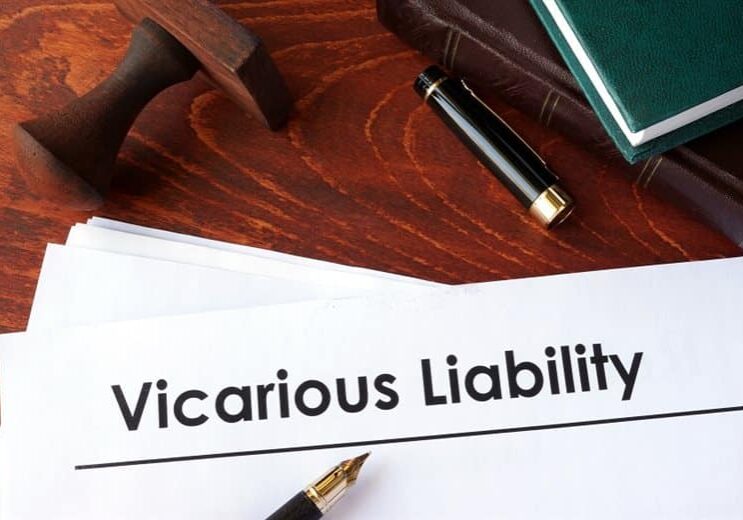When am I responsible for my employees?

Many employers are not aware that they can be responsible for the actions of their employees conduct at work. The legal term is vicarious liability and refers to a situation where someone is held responsible for the actions or omissions of another person.
If this act is one of discrimination, then the employer could find themselves facing an award by an employment tribunal but how much?
Tribunals can make awards if there has been a constructive dismissal or unfair dismissal if an employee has more than two years’ service, but this time limit does not apply in certain circumstances including discrimination. In discrimination cases they are also able to make an award for injury to feelings.
Tribunals use guidelines called the Vento guidelines to decide how much they should award for injury to feelings. The Vento guidelines are split into three bands depending on how serious the tribunal considers the injury to feelings to be. These are:
Top band
Since September 2017, the tribunal can award between £25,200 and £42,000 in the most serious cases of discrimination. This could be, for example, where there has been sustained discrimination or harassment.
Middle band
The tribunal can award between £8,400 and £25,200 in cases which are serious but don’t fall into the top band. They might include a serious one-off act of harassment or a lengthy but less serious act of discrimination. This band also covers cases where the discrimination was relatively minor but led to you losing your job.
Lower band
The tribunal can award between £800 and £8,400 in less serious cases of discrimination, such as a one-off act of relatively minor harassment or discrimination such as name calling.
This award is not supposed to be punitive but to compensate for hurt feelings.
A tribunal will take a measured and methodical approach when they assess how much to award for injury to feelings. For example, for the past several years, a typical award for injury to feelings has been about £5,000. However, as this may be on top of an unfair dismissal award the total can be much higher. Also, if the employee is particularly vulnerable, they might be more badly affected than someone else. If so, a tribunal might award a higher amount for injury to feelings.
A claimant is considered particularly vulnerable if, for example, they already had a stress-related illness when they experienced the discrimination, or they were pregnant or disabled.
Sometimes an act of discrimination may go beyond injury to feelings and cause actual injury to mental or physical health. This type of trauma could result in a psychiatric illness which will be assessed under the top band.
If an employee suffers a personal injury, a tribunal could award compensation that falls in the top band of the Vento guidelines. This is because there’s sometimes a fine line between serious injury to feelings and injury to mental health.
However, a tribunal can also award additional and separate compensation for the injury to health. If an employee alleges that their mental or physical health was injured as a result of discrimination they will need to provide medical evidence to support their claim.
An employer can face an even higher award if they:
- dealt with an earlier act of discrimination badly
- failed to address a grievance about discrimination
- tried to cover up the discrimination
- failed to admit that discrimination took place
- treated an employee unfairly because they complained, or tried to complain, about the discrimination.
In the most serious cases of deliberate discrimination or where an employer has acted in a malicious, insulting, high-handed or oppressive manner in defending a claim, this may cause further injury to feelings. If it is held that this has happened, a tribunal may award an amount in the top band of the Vento guidelines. In England and Wales, the tribunal can make an additional award of aggravated damages. Aggravated damages are not available in Scotland but the injury to feelings award can include recognition of this type of behaviour.
An employer has a statutory defence to vicarious liability if they can show that all reasonable steps have been taken to prevent the danger of potential discrimination, employers are advised to have rigorous anti-discrimination policies in place; backed up by training programmes and robust grievance procedures. Employers who do are much less likely to find themselves facing an expensive discrimination award.
This article is intended as a guide and for general information only and is not a substitute for taking specific advice relating to your situation. For specific advice regarding this or any other issue relating to employment law, speak to one of our advisors by calling 01455 444222 or complete our contact form and an advisor will be in touch shortly
Angela Clay
A qualified employment law solicitor and our managing director, Angela has unparalleled legal expertise and decades of experience and knowledge to draw from. She’s a passionate speaker and writer that loves to keep employers updated with upcoming changes to legislation, and is a regular guest speaker on BBC Leicester Radio.




